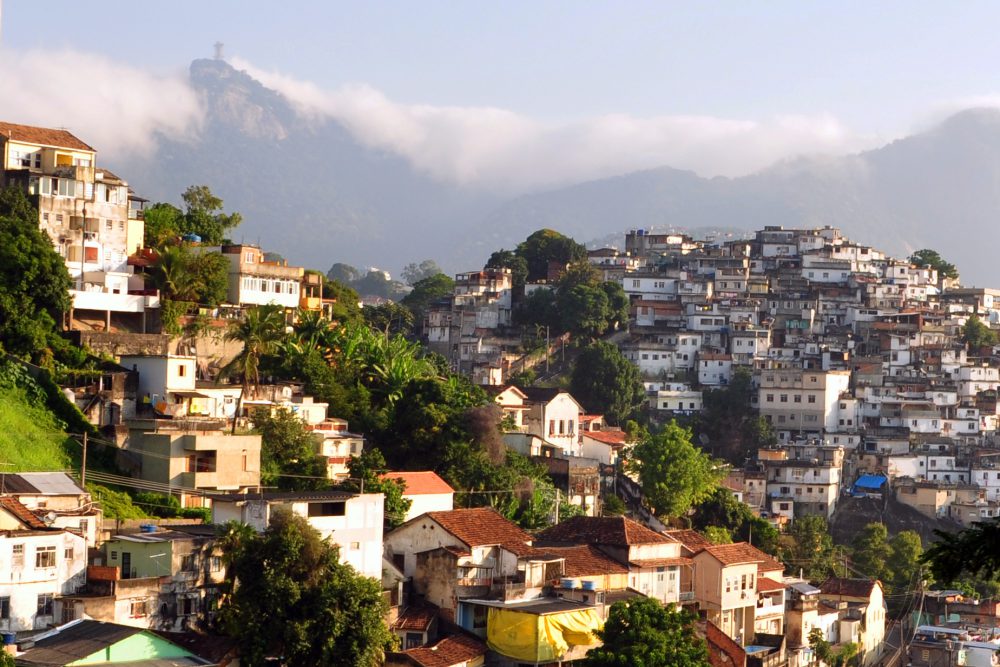Camila Moraes presents her ongoing research on Brazilian favelas. She is concerned with the mobilization of these spaces as tourist attractions through various images and objects.
Favelas of Rio de Janeiro became a product in view of the phenomenon described as the ‘travelling favela’, where favelas are mobilized through images and objects that describe themselves as representative of favelas or from favelas, transforming it in a new brand. In this context of favela as brand and product, in the turn of the millennium, some favelas were performed as tourist attractions and incorporated among the things to see in Rio (Freire-Medeiros, 2009; 2013). Considering that, nowadays, more and more favelas are ‘on the move’ (Sheller and Urry, 2004), in my thesis, I am looking into the process of making and remaking favelas as tourist attractions, unfolding the main actors involved, the networks that are built around favela tourism in Rio and the limits and extents of this process. In doing this, I intend to show how different favelas are mobilized going inside and outside the tourism system, identifying the inputs, outputs, nodes and locks of this process.
This presentation was given during the event ‘CeMoRe Showcase and Lunch’.
Camila Moraes is a visiting student in the PhD Sociology Program at Lancaster University. Her research project is entitled ‘Ecological Slums? Environmental concerns and tourism mobilities in Rio de Janeiro favelas’.




